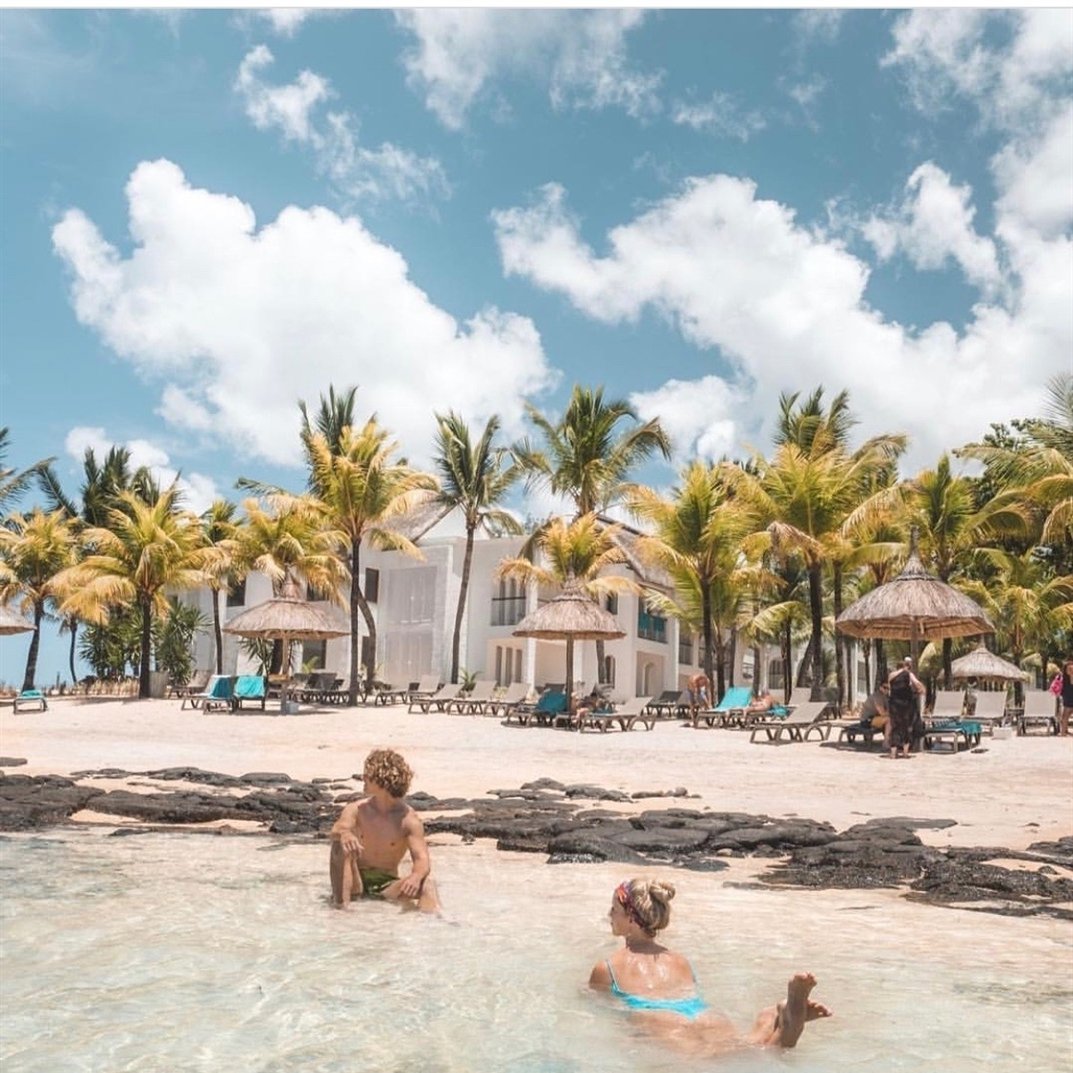Have you ever considered complementary therapies? We all want to take care of ourselves, but sometimes it’s difficult to get motivated. At other times we may have medical problems that conventional medicine is doing little for, and complementary therapies can often help to alleviate symptoms. But, how do you know which alternative medicine may help? Here is an introduction to 9 common complementary therapies to consider.
Snapshot Survey
Thanks for sharing your thoughts!
Please subscribe for your personalized newsletter:
Homeopathy
This is one of the complementary therapies that everyone has heard of, but it is perhaps also the most commonly misunderstood. Homeopathy is designed to stimulate the body’s natural healing processes by diluting medicines to a tiny amount. This is different to traditional medicine, which tries to suppress symptoms.
Acupuncture
Most people know that acupuncture involves inserting needles into the body, although this shouldn’t put you off, as they are very fine. The aim of acupuncture is to work with the body’s qi (the motivating energy), which has pathways in our body. The needles are put into these channels to restore the balance of qi in our bodies.
Reflexology
One the most relaxing of the complementary therapies, reflexology works by applying pressure to specific areas on the feet that relate to different parts of the body, with the left foot corresponding to the right side of the body and vice versa.
Hypnotherapy
In hypnotherapy, the aim is for the patient to achieve a state of total relaxation so that they can be more open to making positive changes in their lives. The therapist guides the patient into a deeper state of consciousness to allow access to the subconscious mind to discover the root of a person’s problems. It can help with a range of emotional and psychological issues, from anxiety and phobias to quitting smoking.
Chiropractic
A chiropractor is a therapist that diagnoses and treats disorders of the musculoskeletal system, which can affect the nervous system and the health of the rest of the body. In this alternative medicine the hands are used for spinal manipulation to treat joints and muscles. Chiropractic therapy can treat various types of pain, sports injuries and posture issues.
Related Videos about
Kinesiology
Being one of the most varied of all the complementary therapies, kinesiology can help in many different ways. It rebalances the energy system of the body, traditionally focusing on the muscles and movement in the body, but now includes a nutritional approach, massaging of acupuncture points and the use of magnets.
Herbal Remedies
Herbal remedies have been used as prime source and complementary medicine for millennia, and essentially the idea is that there are many things in nature that can have different health benefits. If you’re skeptical, you only have to look at the labels on your shampoo and your moisturiser to see that many natural ingredients can be good for your body. Herbal remedies can be anything from natural supplements taken with your morning orange juice to homemade pastes to rub into your skin.
The Bowen Technique
This technique involves the therapist applying a series of light movements with their fingers or thumbs, with the aim of releasing tension. The movements are very gentle, with no hard or continuous pressure, and the therapists stops between moves and leaves the room to allow relaxation and for the body to benefit.
Reiki
Many popular complementary therapies come from Asia, and Reiki was developed in Japan. It uses ‘life energy’ to release physical, emotional and mental blockages, by placing of the therapist’s hands over the seven ‘chakra’ points to transfer healing energy to the patient’s body.
The complementary therapies do not replace conventional medicine, but they have helped many people for a long time. The thing to remember is that if you try something for a while and it doesn’t work, then you should just try something else, because different things work for different people. Have you tried any of the complementary therapies? Did it/they work for you?


Feedback Junction
Where Thoughts and Opinions Converge